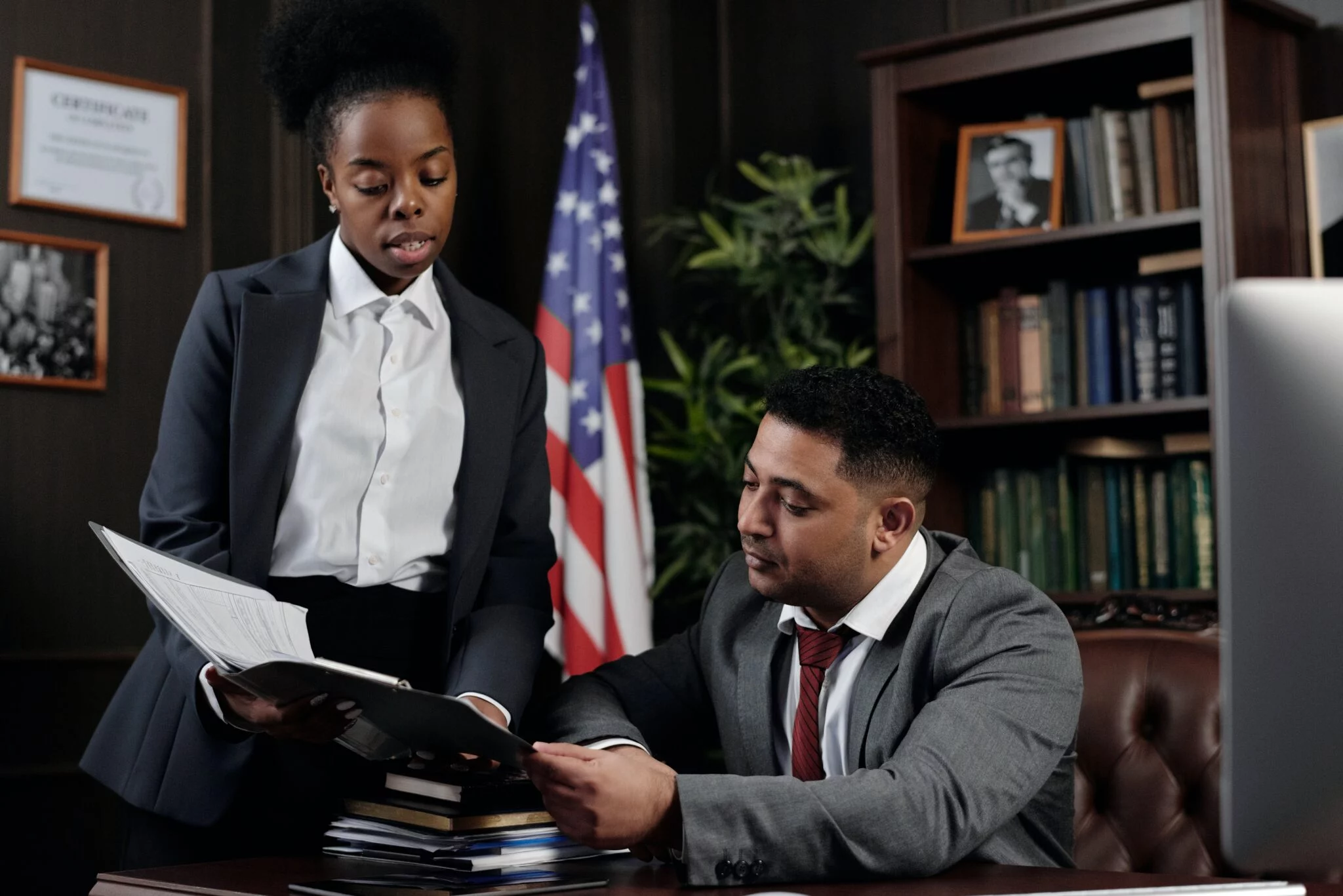The legal assistant provides administrative and technical support to lawyers and other legal professionals. They assist with a wide range of tasks, including legal research, drafting documents, preparing for trials, and managing client communication.
Hiring a legal assistant can help to improve the efficiency and effectiveness of legal operations, reduce costs, and allow lawyers to focus on providing high-quality legal services to their clients. Here are the must-follow procedures in an interview process.
General Roles and Responsibilities of a Legal Assistant
Typical roles and responsibilities of a legal assistant include:
- Document preparation: Legal assistants are responsible for preparing legal documents such as pleadings, contracts, briefs, motions, subpoenas, and affidavits. They may also be responsible for drafting correspondence and other legal documents.
- Case management: Legal assistants assist attorneys in managing cases, including organizing and maintaining case files, scheduling appointments and court dates, and tracking case deadlines.
- Legal research: Legal assistants perform legal research and analysis, using online databases, law libraries, and other resources to gather information related to cases.
- Client communication: Communicating with clients, witnesses, and other parties involved in cases, answering questions, providing updates, and relaying information to attorneys.
- Administrative tasks: Legal assistants perform administrative tasks such as filing documents with courts and government agencies, organizing and maintaining legal files, and managing office supplies and equipment.
- Trial preparation: Legal assistants assist attorneys in preparing for trials, including conducting research, preparing exhibits, and coordinating witnesses.
- Billing and accounting: Legal assistants may be responsible for preparing billing statements, tracking expenses, and managing client accounts.
Skills and Responsibilities a Legal Assistant should have:
Some of the key skills and responsibilities that a legal assistant should have are:
- Communication skills: Legal assistants should have strong written and verbal communication skills to effectively communicate with clients, attorneys, and other legal professionals.
- Organizational skills: Legal assistants must be highly organized and detail-oriented to manage a large volume of documents and deadlines, and to keep track of multiple tasks and priorities.
- Technical skills: Legal assistants should have a good understanding of legal software programs and databases to manage legal documents, conduct legal research, and generate reports.
- Time-management skills: Legal assistants should be able to prioritize tasks and meet deadlines in a fast-paced and high-pressure environment.
- Analytical skills: Legal assistants should have strong analytical skills to review legal documents and identify inconsistencies or errors.
- Ethics and confidentiality: Legal assistants should have a strong understanding of legal ethics and confidentiality, and be able to maintain the confidentiality of sensitive legal information.
- Legal knowledge: Legal assistants should have a basic understanding of legal concepts and terminology to effectively assist attorneys in legal research and document preparation.
Legal Assistant Operational and Situational Questions
Operational and situational questions give you a glimpse of the candidate’s knowledge, skills, and abilities related to the job they are applying for.
- When you have to help more than one lawyer, how do you prioritize your tasks?
- If a lawyer asks you to research a case, where would you start and what steps would you follow?
- How do you manage your time and prioritize your tasks in a fast-paced legal environment?
- How do you ensure confidentiality and data security when handling sensitive legal documents and information?
- How do you handle conflicting deadlines and demands from multiple attorneys or departments within a law firm?
- How do you communicate and collaborate with attorneys and other legal staff to ensure efficient and effective workflow and completion of tasks?
- Can you give an example of a time when you had to take initiative to improve a legal process or system within a law firm?
Legal Assistant Role-specific questions
Role-specific questions are questions that are tailored to the specific job responsibilities and requirements of the position for which the candidate is applying.
- What legal documents have you worked with in the past?
- What is your experience with e-filing and court rules regarding e-filing?
- Have you worked on litigation matters before? If so, can you describe your experience?
- How do you stay organized when managing a large volume of documents and deadlines?
- Have you assisted in drafting legal documents such as contracts, pleadings, or discovery requests? If so, can you give examples?
- What is your experience with legal research and document retrieval, and what resources do you typically use?
- Can you describe your experience with calendaring court dates and deadlines, and how you ensure compliance with court rules?
Legal Assistant Behavioral questions
Behavioral questions are interview questions that are designed to elicit information about a candidate’s past behavior and experiences in specific situations.
- Can you describe a time when you had to handle a difficult client or attorney, and how did you manage the situation?
- Have you ever made a mistake in a legal document or contract, and how did you handle the situation?
- Can you provide an example of a time when you had to prioritize multiple tasks or deadlines and how you managed them?
- Have you ever identified an inefficiency in a legal process, and how did you go about improving it?
- Can you describe a time when you had to work under pressure or in a fast-paced environment, and how did you cope?
- Have you ever been involved in a conflict with a coworker or supervisor, and how did you resolve the issue?
- Can you describe a time when you had to make a difficult decision related to a legal matter, and how did you approach the situation?
Conclusion
Hiring a legal assistant is an important step in improving the efficiency and effectiveness of legal operations. Legal assistants are responsible for a wide range of tasks, including legal research, document preparation, case management, trial preparation, and billing and accounting. To ensure that you hire a qualified candidate for the role, it is important to ask a combination of operational and situational questions, role-specific questions, and behavioral questions during the interview process.
By following these guidelines, you can select a legal assistant who will be an asset to your legal team and help you provide high-quality legal services to your clients.



